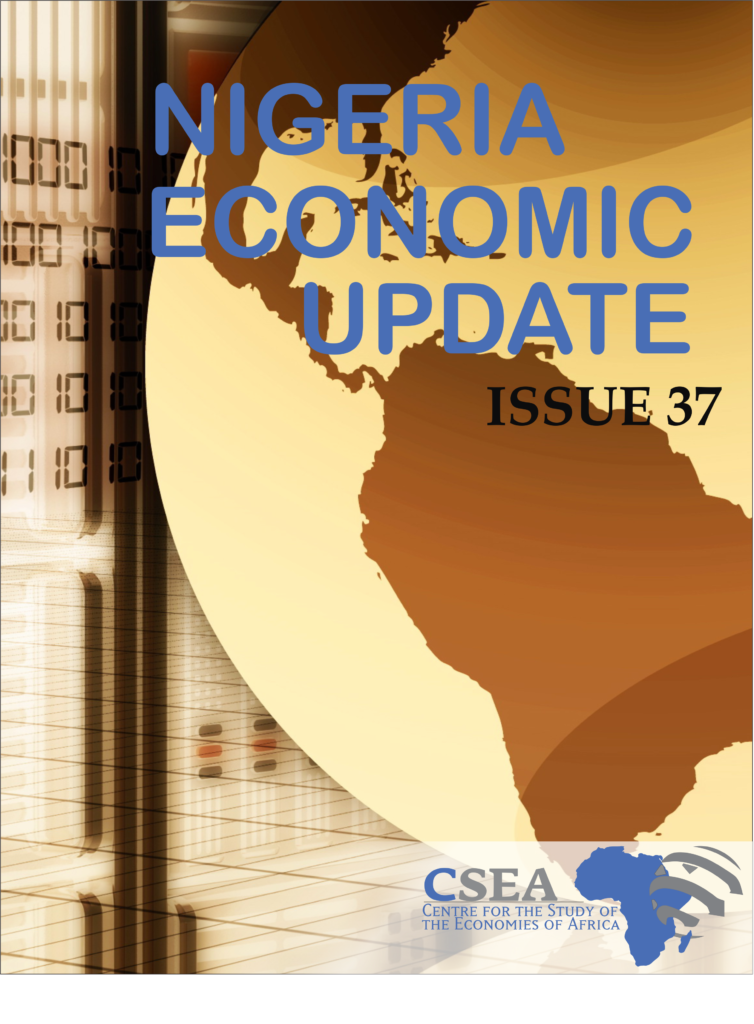The recent report by United Nations Development Programme (UNDP) shows that Nigeria’s Human Development Index (HDI) value rose very marginally from 0.530 in 2016 to 0.532 in 20171. However, overall, the ranking remained unchanged at 157th position out of 189 sample countries – putting the nation in the low human development category, and below Ghana, Kenya and a few other sub-Saharan countries. The HDI criteria which are broadly inclusive of countries’ social, political and economic diversity and indicative of the quality of life, may have shown limited progress in Nigeria due to rising population2 (currently, the population stands at 190.1 million). In the population growth and absence of the political will to address the sub-optimal HDI, signalled by the historic low budget share allocated to the education and health sectors, significant improvements in the HDI is not foreseeable in the near future.
Macroeconomic Report & Economic Updates

September 24, 2018
Nigeria Economic Update (Issue 37)
The recent report by United Nations Development Programme (UNDP) shows that Nigeria’s Human Development Index (HDI) value rose very marginally from 0.530 in 2016 to 0.532 in 20171. However, overall, the ranking remained unchanged at 157th position out of 189 sample countries – putting the nation in the low human development category, and below Ghana, […]
Read →
Related
Understanding The Ongoing Recession In Nigeria:A Synthesis Of The Events And Policy Options
In
the second quarter of 2016, the Nigerian economy witnessed its first recession
in twenty years due to the interplay of several external and internal factors.
The recession has continued until date and has given rise to relentless
unemployment rate and job losses, double digit and soaring inflation, currency
depreciation and widening gap between parallel market and official exchange
rates, amongst other adverse effect on individuals and firms in the country.
Thus, there is a need to take a deeper look into the nature of the present
recession as well as the impact of monetary and fiscal policy responses thus
far, in order to shed light on the way forward towards tackling the recession
and ensuring sustainable economic growth. This paper analyses the ongoing
recession in the Nigerian economy to provide insights into the interplay of
events and recommendations for policy.
